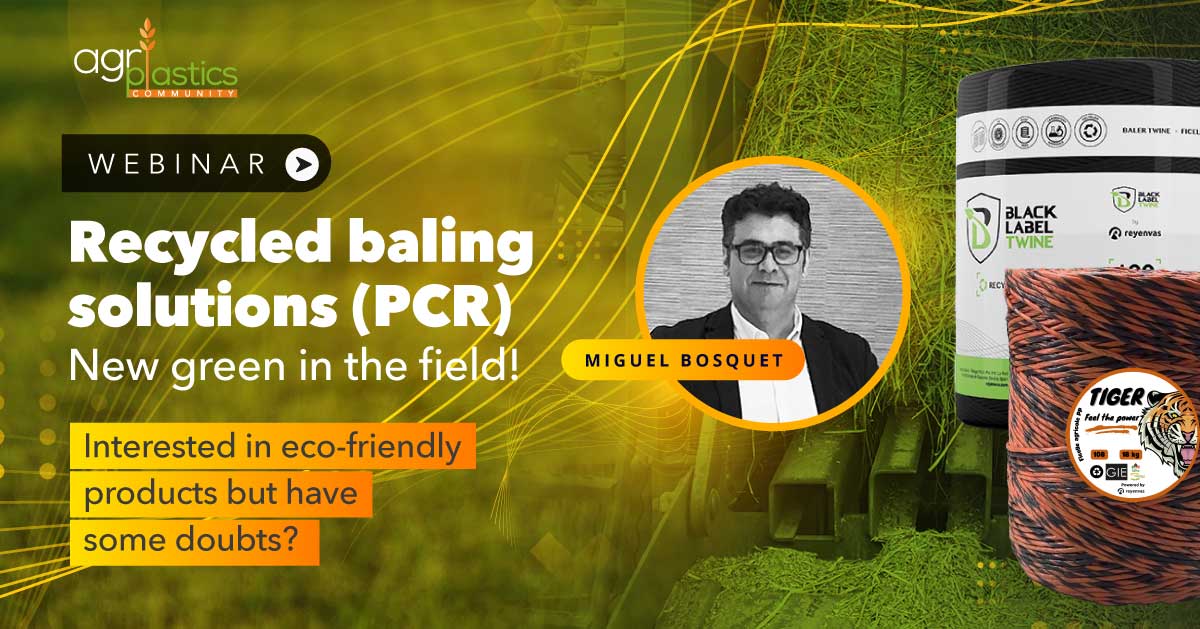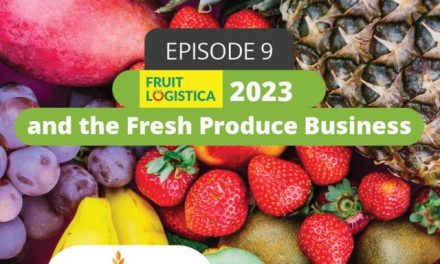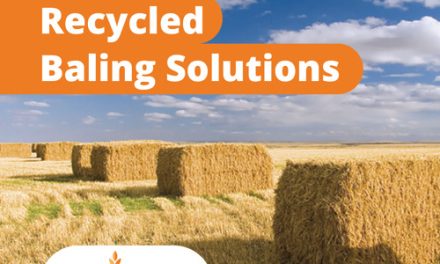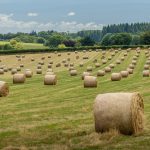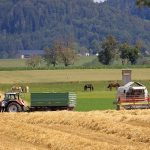
A perfect relationship: the latest technology in farm machinery and baler twines for crop-packaging

Searching for technological improvements that adapt to the demanding needs of the market, the crop-packaging industry is always in constant movement, research and development, with one goal in mind: to make the work more efficient in order to obtain a higher income, while looking for the best quality of the packaging at the same time, for example with the best farm machinery and baling twine.
A key factor is to have high-technology farm machinery, with high levels of performance at lower production costs, and optimizing time. Nevertheless, the solution isn’t only purchasing the high-technology equipment to achieve it but as importante is also a careful selection of the baler twine to be applied.
Attributes that we must evaluate in a baler-twine are:
- Resistance.
- Weight and correct dimensions, as well as a meter weight ratio. Consider the weight with respect to the meters because it will allow us to load more baler twine reels in the machines, saving time for the silage process.
- Resistance and elongation at break. Especially important when applied to pressed forage.
- Softness, which allows an easier sliding between the mechanisms of the packaging machine and, in addition, achieving a correct knotting. A twine that is not smooth enough, could damage even the mechanisms of the most powerful and technological machinery that we could have.
- Manufacturing title.
- Durability.
- All these aspects can be evaluated in the labelling of the baler twine reels, and upon considering all of them, make the smartest decision to take full advantage of the machinery available.
The following are some of the recent farm machinery innovations available in the market:
- Krone Big Packs (in different models, according to the cut of the silage, hay or straw): These are packaging machines for large square bales.
- Krone Bale Collect: With great capacity for packaging, due to its storage tray of up to 3 bales.
- John Deere: Balers with variable press chamber.
- John Deere: Fixed Chamber Balers.
What are experts looking for in a farm machine? The answer depends on the type of client, production level, the structure of the operations…But, in general, they look for attributes that range from the hardness of silage bales, packaging capacity, shredding quality, the density of bales, quality and reliability of knots, rotor options, ease of use of the farm machinery…
By combining the most appropriate agricultural machine for our business with the correct baler twine, we will have the perfect match to achieve an efficient work rate.
Other aspects to consider in the selection of baler twine and farm machinery are:
A fundamental aspect is the expertise and technology used by the baler twine manufacturer. For example, Reyenvas and SPR Packaging a well-known companies of the group of Armando Alvarez Group, currently TOP companies in the market of films for agriculture and packaging. With more than 30 years of experience, these companies have developed and tested leading products in key areas of livestock, such as polypropylene baler twine, which farmers use for silage on their farms. This merchandise is specially designed to be used in high technology and quality packaging machines since it is approved by the leading manufacturers worldwide.
As we previously mentioned, a very important aspect is the durability and resistance to degradation against the sun’s UV radiation. For this reason, when a baler twine is developed it is important to know its colour and the area of exposure in which it will be used because the radiation is not the same in all locations. To achieve the UV resistance necessary for each use, various amounts and types of anti-solar radiation stabilizing additives are provided. Black is the most stable and lasting colour, thus becoming one of the most popular, especially in climates with high solar radiation.
Another vital factor when choosing the baler twine is the application for which it will be used. For example, for square bales, the current trend is towards larger and more pressurized balers, which require heavier and stronger grades and use thick twines from 130 to 450 m/kg. On the other hand, round balers require a twine that is not knotted, so the strength of the loop is not particularly relevant, in fact, for this application is common the use of packaging meshes that use fine threads of 600 to 750 m/kg. Finally, the pressed forage that uses extra-thick threads of about 80 to 100 m/kg., is designed for fodder pieces that apply very high pressure and require a very high resistance in the twine. We recommend reading this article on tips for successful silage bale wrapping.
The range of possibilities in terms of baler twines is broad and adapts to the multiple needs of the market, so that high-technology farm machines with optimum performance can always be used to their full capacity utilising the proper materials of the highest quality in the industry.
We also invite you to listen to an interesting episode of our Podcast, Agriplastics Community, where we talk about ‘Trends in grain storage and the necessary agricultural machinery”.

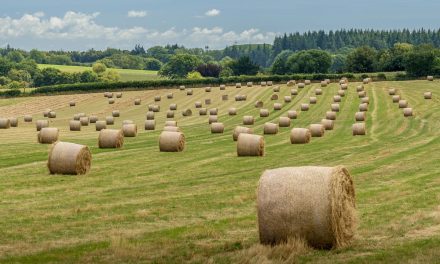
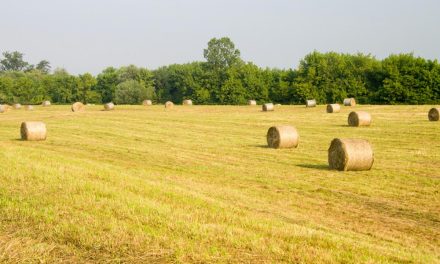
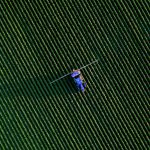
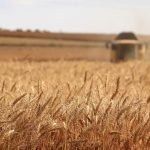
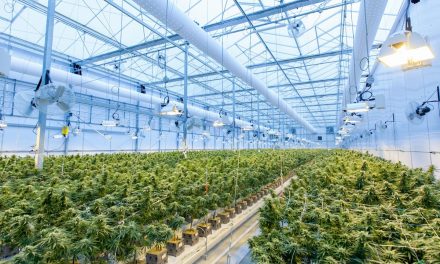
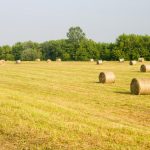

![[eBook] Sustainability and water management](https://agriplasticscommunity.com/wp-content/uploads/8_550x310_ENG-440x264.png)
![[eBook Trends in Agriculture Plastics] Increasing use of biodegradable mulch](https://agriplasticscommunity.com/wp-content/uploads/550 × 310_2_ENG-150x150.png)
![[eBook Trends in Agriculture Plastics] Reducing the plastic used in the manufacture of agricultural films](https://agriplasticscommunity.com/wp-content/uploads/550 × 310_1_ENG-150x150.png)



